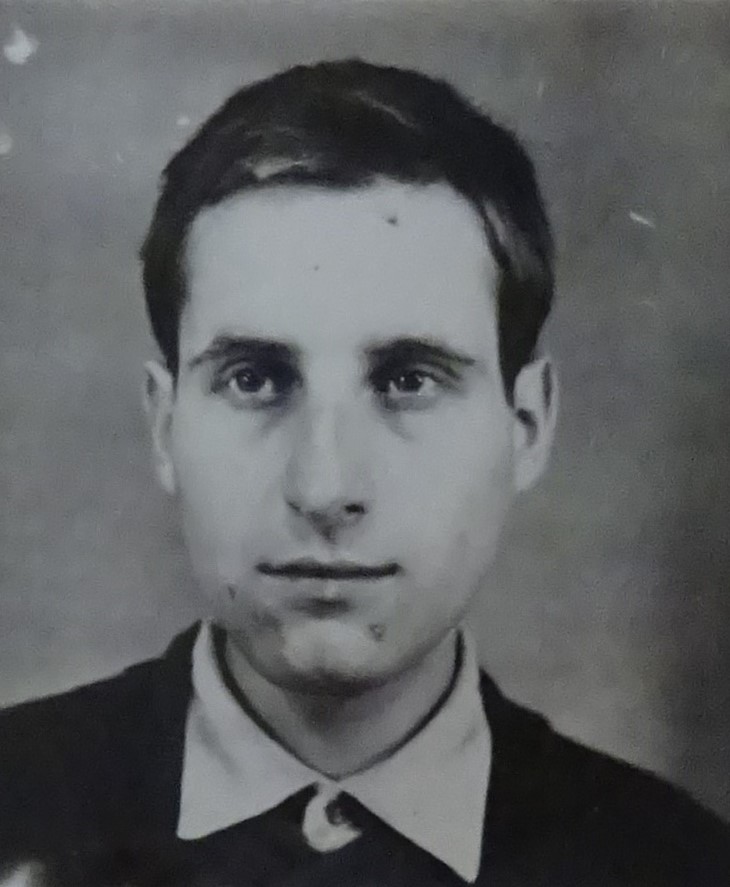We were persecuted for our opinion

Download image
Juraj Lajda, a political prisoner of the communist regime, was born in 1950 in Bratislava. He grew up in a Christian family. While studying English and German at the Faculty of Arts, he met Michal Gľonda, who introduced him to the religious teachings of the Korean Reverend Moon and a small group of his followers. The group had been established in Slovakia a few years earlier through the work of an Austrian missionary and had grown steadily until it eventually spread to twenty-six cities in the Czechoslovakia and held national meetings. Such a large number of people did not escape the attention of State Security, which was particularly attracted to Moon’s teachings because of their anti-Marxist nature. In the autumn of 1973 a major arrest operation was launched, and Juraj Lajda was arrested on 8 October. He was interrogated daily while the police collected evidence and expert reports and carried out searches. The trial of the defendants from among the so-called “Prinicipiel people” took place on 2 July 1974 in Bratislava. The exception was Marie Živná, who died in custody under circumstances that remain unclear to this day. According to the official version, which is not believed by her cellmates, she took her own life. Juraj Lajda was sentenced to three years and two months without parole. After his sentence expired, he decided to finish his last year of university, this time in Brno. He stayed there and taught in the language department. During the Velvet Revolution he was a member of the strike committee in Brno. He is still active in the Unification Church. The latter is legally active in the Czech Republic under the conditions of religious freedom after 1989, but according to the prevailing evaluation it is perceived as a sect.
